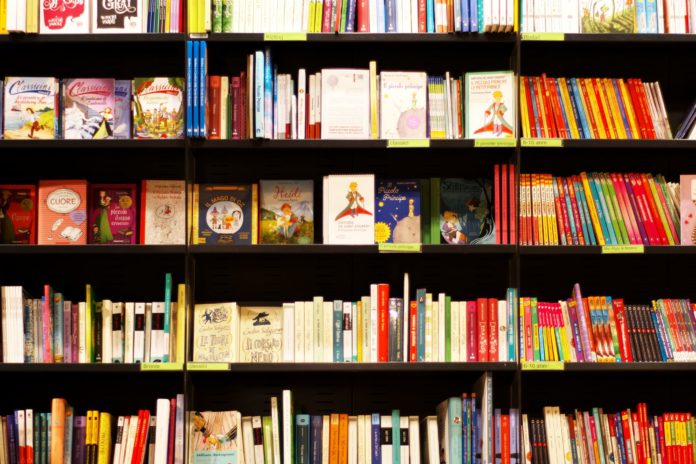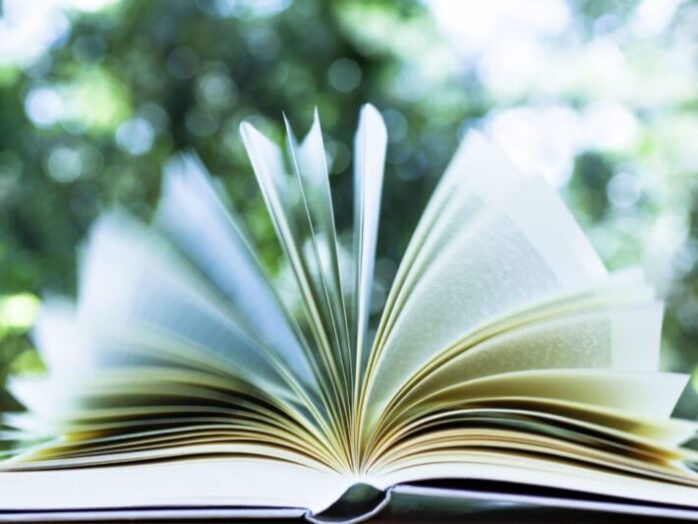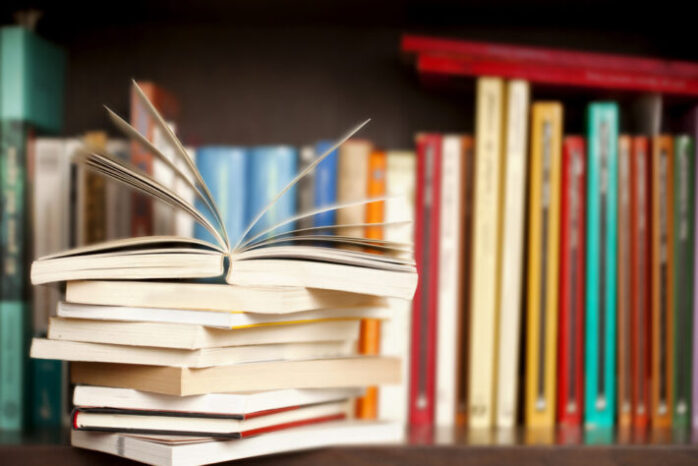
Books are friends that never leave you alone, so it may be wise to develop a good habit of reading. With so many books on different topics, people can nowadays get relevant reading materials in the form of print books, ebooks, and other online resources, all in a convenient manner.
The multitasking trends prevalent in modern society, however, have created a situation where sometimes we find ourselves neglecting the habit of reading to pursue other means of entertainment. As a result, we have been losing the ability to benefit from the knowledge provided by carefully crafted books, to the extent that even reading simple materials can sometimes feel like a strain.
To reverse that trend, it is essential to maintain the habit of reading books on a regular basis, which can provide benefits such as:
- enhance your knowledge of general and specific topics
- broaden your vision and ways of thinking
- get some time to reflect, on yourself and on the topics covered in the book
- increase your vocabulary, and keep your mind sharp
Moreover, after nurturing their reading habits, people may be more comfortable writing and potentially becoming authors as well, using books as the medium to tell their stories, travelogues, autobiographies, creative endeavors, and other topics where their experience and/or expertise can be turned into a book.
To publish a book, prospective authors need two fundamental things:
- Authentic material that can be transformed into a book, providing original content that people will have interest in reading, for entertainment or for unfulfilled needs, among other purposes.
- Finding a publishing house, even though this activity may involve a significant amount of research to figure out the best among the many book publishing options available today.
Some things to consider when figuring out the best publisher for a prospective book are included next:
1. Type of Publishing House

Choosing a trustworthy publisher that might not be a straightforward process. The big publishing houses may be already busy marketing the books of their bestselling authors, and therefore may not have much time to review the manuscript submissions of first-time authors, so they may keep their submissions on pending status for a long time. In many cases, traditional publishers rely on the recommendations of literary agents that prescreen manuscripts and recommend them to the most appropriate publisher. Getting a literary agent with experience and contacts in the industry, however, is not so easy to achieve. There are also different types of book publishers with different business models in place, so authors need to carry out their own due diligence before selecting the best publishing house for their books. A more detailed overview of the main types of book publishing companies can be found in this article.
2. Publishing Services

This section is mainly related to the tasks that will need to be performed by the publishing house, which normally selects the book design, style, layout, cover, etc. They also decide on the price of the book and make other marketing decisions. The distribution of the book and some marketing activities are also dealt with by the publisher. These details are important, particularly in terms of the marketing activities planned and the budget the publisher is expected to allocate to finance the marketing activities.
3. Ownership of Rights

The contract discussions involve a definition of the book’s copyright allocation, and the rights granted to publishers, which may go beyond obtaining the license for the print and digital editions. In many cases there are exclusivity and non-competitive clauses required by publishers. These factors, along with the expected royalties, must be defined before a book contract is signed and advances are paid.
4. The Format of the Book

When authors are looking at the publishing options offered by publishers, they need to make sure that they can publish the book in the right format, according to the expected type of book. Depending on the audience, some publishers are able to publish audiobooks, coffee table editions, board books, among others. However, not all publishers have the same capabilities to publish in certain formats.
5. Legal Considerations

Before a book is published, authors need to be responsible for double checking the accuracy of all the information provided in their manuscripts, particularly in the nonfiction category, since any inaccurate information, defamation, plagiarism, and many other aspects can be grounds for legal action against the author and the publisher. Controversial statements can also spark backlash from people that could be offended by certain parts of a book. Consequently, authors need to be very careful before they hand over their written materials to their publishers, and double check them after copyediting to ensure that important information was not misinterpreted as part of the process of making the text flow better.
6. Get to Know your Publisher

Every publisher has its own ways of doing things. Likewise, the same publisher may have a different approach for different authors, and even treat books by the same author differently, so once authors have decided to establish an agreement with a given publishing house, it would be important to keep in touch with their publishing teams and understand their publishing flows, timelines, distribution arrangements, and marketing activities planned for a book. While publishers are expected to market the books they publish, authors must actively support this process. One way is by building an author platform in advance that can be used to let potential readers know about the book once it is published.











